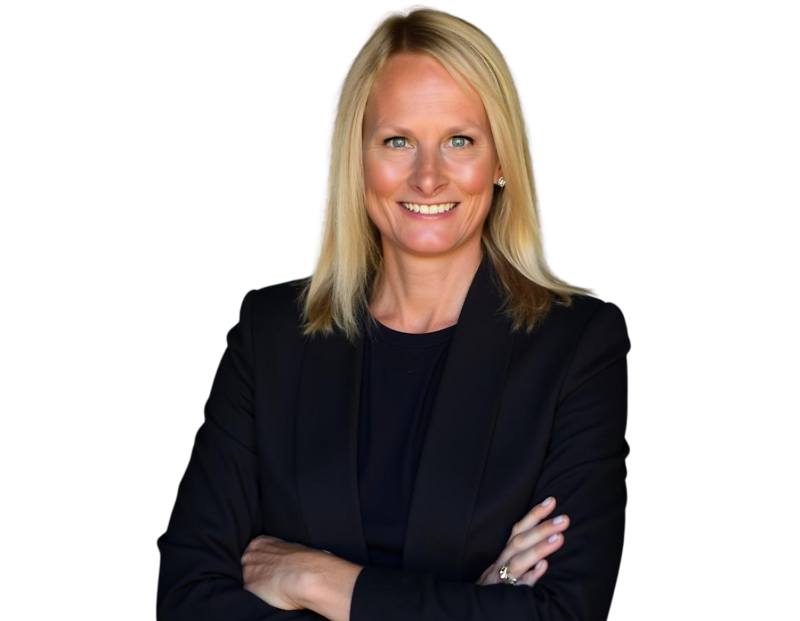New USCIS policy eases rules on J-1 waiver physicians employed in H-1B status
Health care providers are struggling with an acute shortage of physicians in medically underserved areas. Foreign-trained doctors in the J-1 exchange visa program play a critical role in filling this gap. As a result, the U.S. Citizenship and Immigration Services issued policy guidance last month titled “Temporary Policy for Certain Foreign Medical Graduates During the Covid-19 National Emergency.” The policy says that a J-1 physician’s failure to maintain a full-time schedule due to quarantine, illness, travel restrictions, or other pandemic-related reasons would not violate the employment terms of the entity whom the physician serves. The policy also provides flexibility with respect to remote work.
The new policy applies to any COVID-19-related lapses in full-time employment that occur between January 27 and the end of the current public health emergency.
It is not clear whether the policy applies to foreign national physicians who are seeking J-1 status, or whose J-1 status will expire before the end of the pandemic. There are several bills pending in Congress that may create additional flexibility.
Background of J-1 physician waivers
The J-1 exchange visa program allows foreign nationals to enter the United States to undergo medical training or participate in residency programs. Typically, holders of J-1 visas must return to their home countries for at least two years before they are eligible to apply for work visas or permanent residence in the United States. However, under what is known as the “Conrad 30 waiver program,” this requirement can be waived if the physician receives an offer of full-time employment at a facility in a medically underserved community and agrees to work there for three years. Once the physician is employed in H-1B status, he or she must serve full-time and be physically located at the address specified in the application.
The new policy
The first key piece of relief afforded by the new USCIS policy guidance is that a physician’s failure to maintain a full-time work schedule due to quarantine, illness, travel restrictions, or other pandemic-related reasons will not be considered a violation of the Conrad 30 waiver or H-1B employment terms. This flexibility is critical and necessary during the COVID-19 crisis, as normally a physician’s failure to meet this requirement would result in re-imposition of the two-year “return home” requirement.
Second, the policy allows foreign medical graduates to provide telehealth services, as opposed to physically reporting to the worksite specified in the Conrad 30 waiver application and H-1B petition. However, there are some caveats:
-
The physician must continue to provide medical services through the contracting facility located in an shortage area (as designated by the U.S. Department of Health and Human Services), or through a facility that serves patients residing in that area. Only Veterans Administration physicians may provide out-of-state telehealth services.
-
If the employing medical facility offers foreign medical graduates the flexibility to telework, it must also offer that option to similarly situated U.S. workers.
Impact
The new policy should provide relief to health care employers and foreign medical graduates during the COVID-19 pandemic. However, it is important to note that the policy will remain in effect only until the end of the national emergency. Moreover, employers must adhere to the other terms and conditions of the physician’s foreign residency waiver and H-1B employment. If you need to modify the employment terms of a Conrad 30 waiver/H-1B physician, please contact any member of our Immigration Practice Group.
For a printer-friendly copy, click here. |




